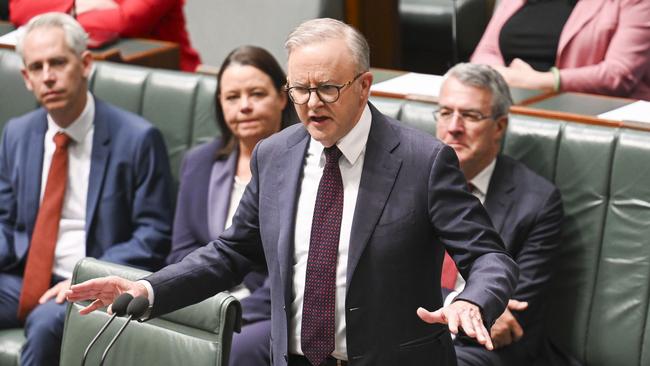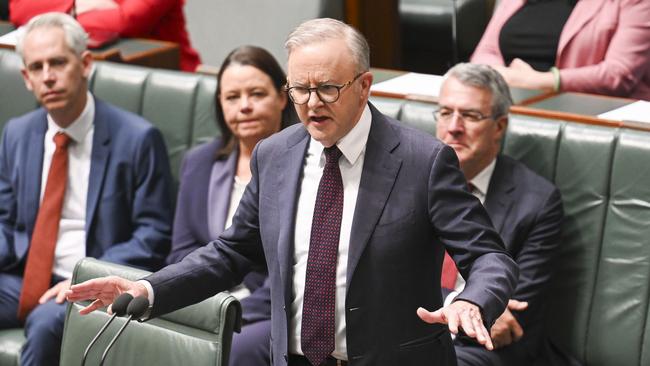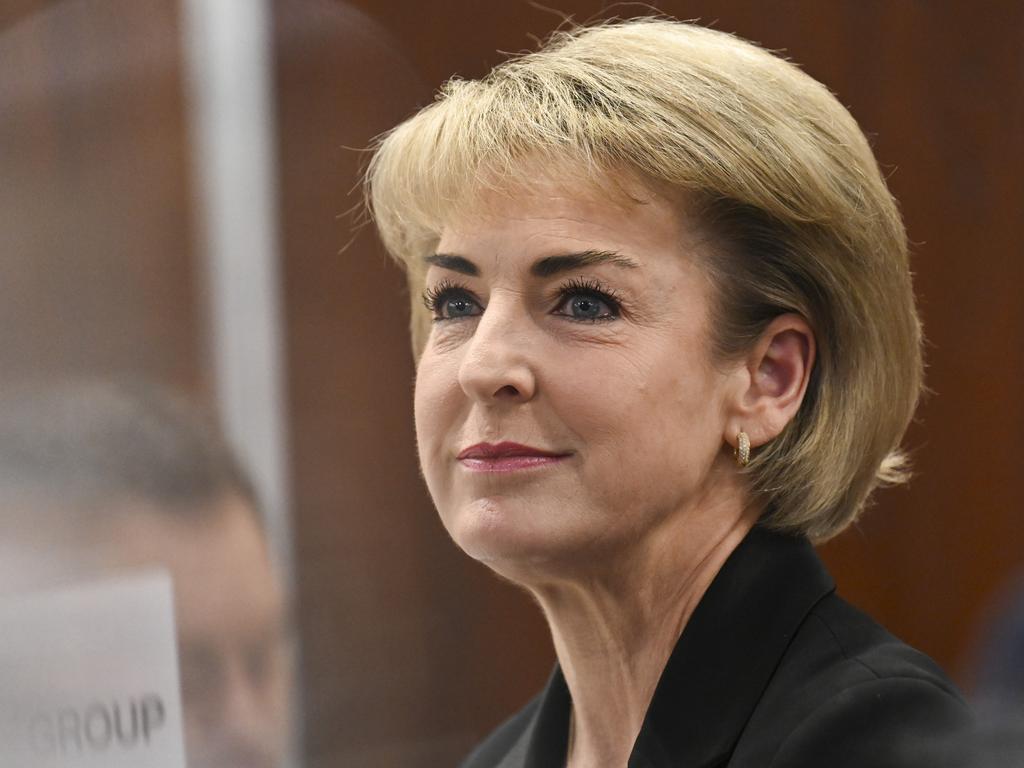Be warned, Treasury wants to get rid of non-compete clauses


And the new potential attack comes as family businesses in Australia will soon start to reel from the blows the government delivered via its industrial relations legislation.
If the proposal now before Treasury is embraced, there will be no restriction on employees leaving an enterprise and then passing on to a rival key customer and technology knowledge obtained from their former employer. Often they will receive cash rewards from the rival for the information transfer.

In the US, where the courts decided to make it open slather and launch a smaller business attack, larger enterprises were able to use their capital power in the courts to protect their customer and technology assets.
Smaller family businesses don’t have the capital to fight expensive court cases, so are in danger of simply seeing the rewards from their investment to create a customer base and technology walking out the door.
Accordingly, such a proposal would substantially increase the power of large corporations in Australia at the expense of smaller ones.
Sadly, the proposal has the backing of parts of the Australian National University. They point out that if employees are allowed to leave without the restriction of non-compete clauses, it will make talent more flexible and increase competition.

Non-compete clauses have been part of Australian common law since the beginning of the nation. They are only valid where they support legally recognised legitimate interests such as trade secrets, technology, confidential information or customer connections.
The established precedents require that the terms of the restraint in the “non-compete” employment clauses are reasonable between the employer and the employee. The restraint must not trigger public interest considerations.
Over the decades I have been involved in non-compete clauses, both from my own point of view and in hiring others.
Accordingly, I would like to add to the debate my experiences.
When we sold Business Spectator to News Limited, Alan Kohler, Stephen Bartholomeusz and I were subjected to constraints in doing work for rival organisations. While they were strict, they were not unreasonable, as we had been part of a sale process where one of the assets sold was the talent and the good will of the three journalists.
Where a non-compete clause is part of a negotiated sale, I can’t see a role for the government to block such agreements.
In hiring arrangements, all too often the current practice is for the non-compete clause to be tacked on and expressed in legal language that few can understand. They therefore do not become a key part of the negotiation.
I think that for a non-compete clause to be valid, there needs to be evidence that it was highlighted to a prospective employee and that there was clear and open discussion on the matter. Accordingly, employees know the restraints they are agreeing to.
When it comes to unique technology, while obviously patents can help, enterprises also need fair protection from employees and if such protection is declared invalid or illegal then capital providers (family or outsiders) will restrict development of technology based enterprises in Australia. The Made in Australia slogan becomes a joke, with the government acting in a way to discourage technology investment.

On the other hand, if we provide fair and clear rules for non-compete technology clauses, we may be able to attract investment from the US.
It might not be unreasonable for a financial consideration to be linked to the employee’s duty to protect the technology.
When it comes to customers, the issues are different. I would have thought that in most cases a time limit of, say, three months is reasonable so that the existing business has the chance to woo the customers and convince them not to take their business to a rival.
Those advocating for Australia to follow the US argue that non-compete clauses are creeping further down the employment chain to lower areas where they are totally unnecessary.
Even if that is true, it is not an argument to block all non-compete clauses. It makes discussion of the matter of employment even more important.
If we look forward into the era of artificial intelligence, then increasingly the goodwill of a business will revolve around ways of integrating the power of artificial intelligence into the customer base.
A situation where a staff member who walks out the door with that knowledge and takes it to a rival could be accused of theft.
Nevertheless, it is important that non-compete clauses are not structured in a way that prevents an employee from earning a living.
That is why, in the case of customer based knowledge, protection needs to have limits but in all cases it is important that there be a full and frank discussion on asset protection before the employment documents are signed.




A new family business blow is being concocted in parts of Treasury to enable rivals to jeopardise what are often key enterprise assets – their customer base and their technology.